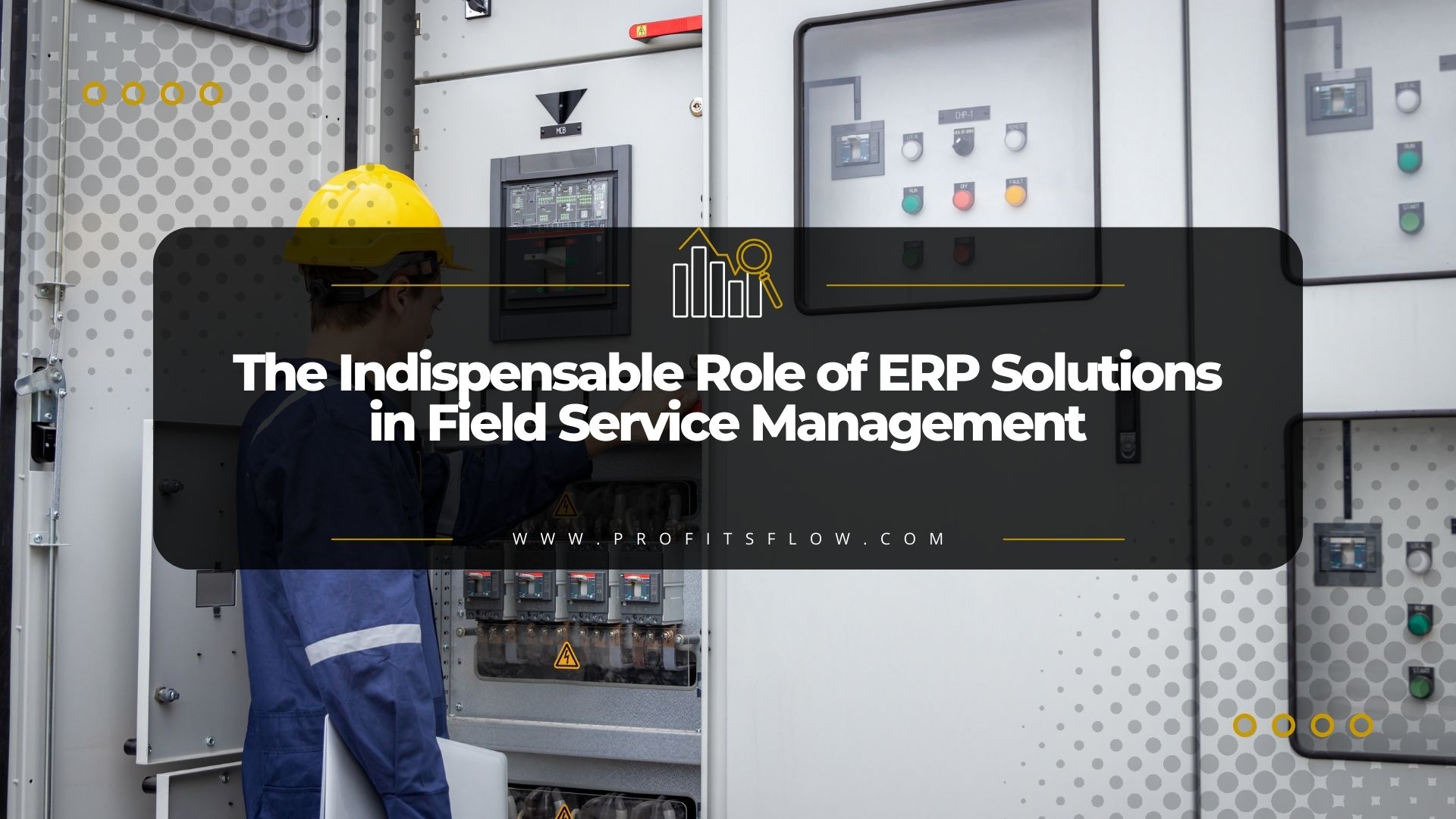Empowering Field Service Excellence with ERP Solutions: Where Efficiency Meets Customer Satisfaction
In the Field service industry, every minute counts and customer satisfaction are paramount, the need for streamlined operations and optimised processes cannot be overstated. Enter Enterprise Resource Planning (ERP) solutions – the cornerstone of efficiency and effectiveness in the field service industry. Below we have highlighted seven aspects of this industry that ERP can optimise and empower.
Centralised Data Management:
In field service management, data flows from various sources including work orders, inventory, customer information, and scheduling. ERP systems serve as a centralised repository, consolidating this data into a unified platform. This ensures data accuracy, eliminates silos, and provides real-time insights for informed decision-making.
Optimised Scheduling and Dispatch:
Efficient scheduling and dispatching of technicians are critical to meeting customer expectations and minimising downtime. ERP solutions facilitate intelligent scheduling algorithms that consider technician skills, location, availability, and urgency of service requests. This results in optimised routes, reduced travel time, and improved response times.
Inventory and Parts Management:
Effective inventory and parts management are essential for field service operations. ERP systems enable real-time tracking of inventory levels, parts usage, and replenishment needs. By maintaining optimal stock levels and ensuring the availability of critical parts, organisations can minimise delays and maximise first-time fix rates.
Enhanced Customer Relationship Management (CRM):
Building and nurturing customer relationships is fundamental to success in the field service industry. ERP solutions with integrated CRM functionalities enable organisations to track customer interactions, manage service contracts, and personalise communication. This leads to improved customer satisfaction, loyalty, and repeat business.
Mobile Access and Connectivity:
Field service technicians are constantly on the move, requiring access to information and tools while in the field. Modern ERP systems offer mobile applications that empower technicians to view work orders, update job statuses, capture data, and communicate with the back office in real-time. This enhances productivity, collaboration, and responsiveness.
Analytics and Performance Monitoring:
Continuous improvement is a hallmark of successful field service organisations. ERP solutions provide advanced analytics and reporting capabilities that enable organisations to monitor key performance indicators, identify trends, and uncover areas for optimisation. This data-driven approach drives operational excellence and supports strategic decision-making.
Compliance and Regulation:
Adherence to regulatory requirements and industry standards is paramount in field service management. ERP systems help organisations stay compliant by automating documentation, tracking certifications, and ensuring adherence to safety and regulatory guidelines. This minimises the risk of non-compliance and associated penalties.
In summary, Enterprise Resource Planning (ERP) solutions are indispensable tools for organisations in the field service industry seeking to deliver exceptional service, maximise operational efficiency, and drive growth. By harnessing the power of ERP, field service organisations can elevate their performance, exceed customer expectations, and stay ahead in today’s competitive landscape. Stay tuned as we explore real-world examples and success stories of ERP implementation in field service management in our upcoming blog entries.
Finally, make sure to follow us on all of our social media to stay up to date with the latest news surrounding all things ERP: LinkedIn, X (formally known as Twitter) and Facebook.
